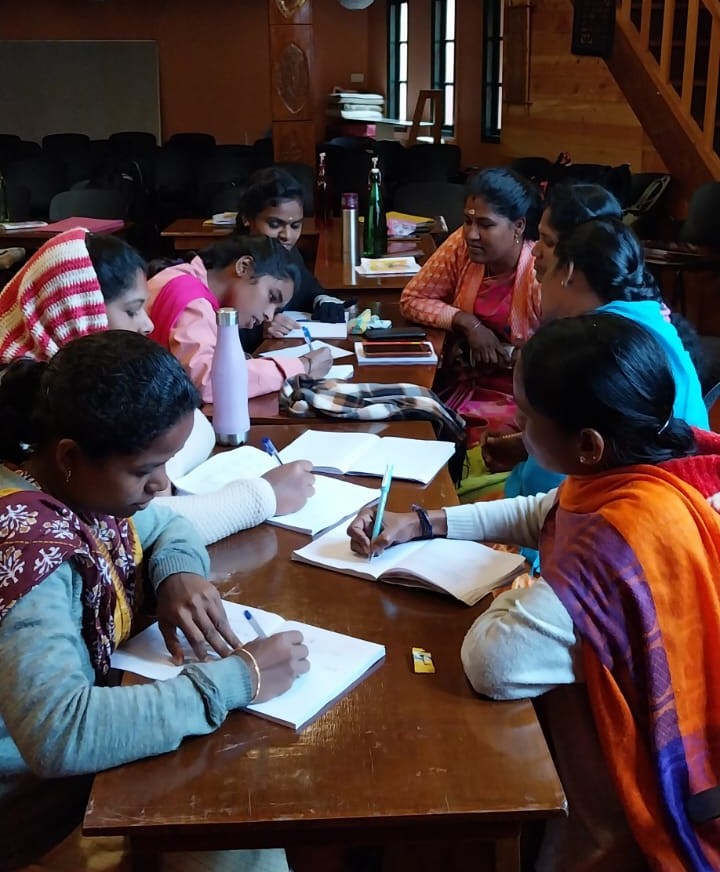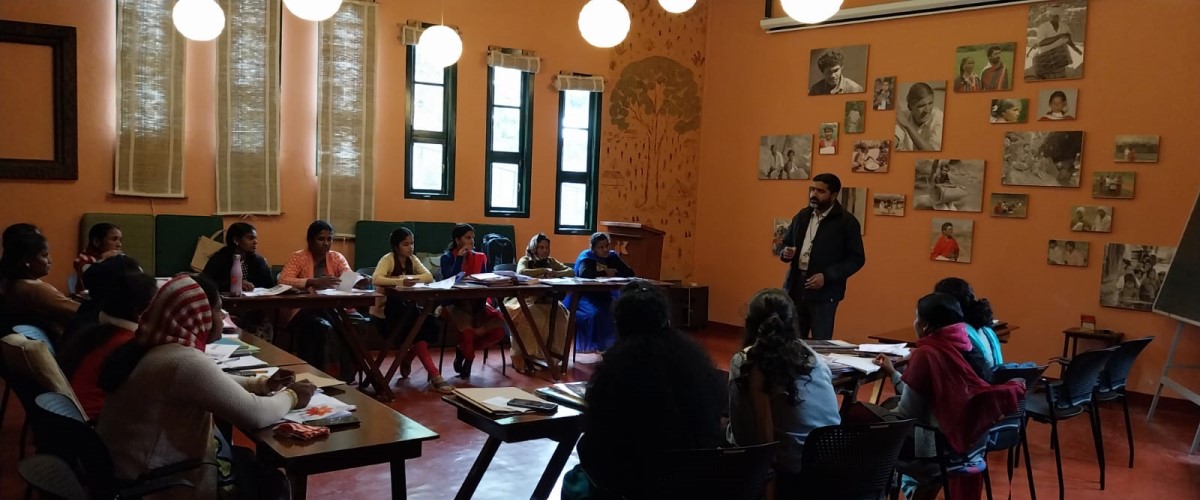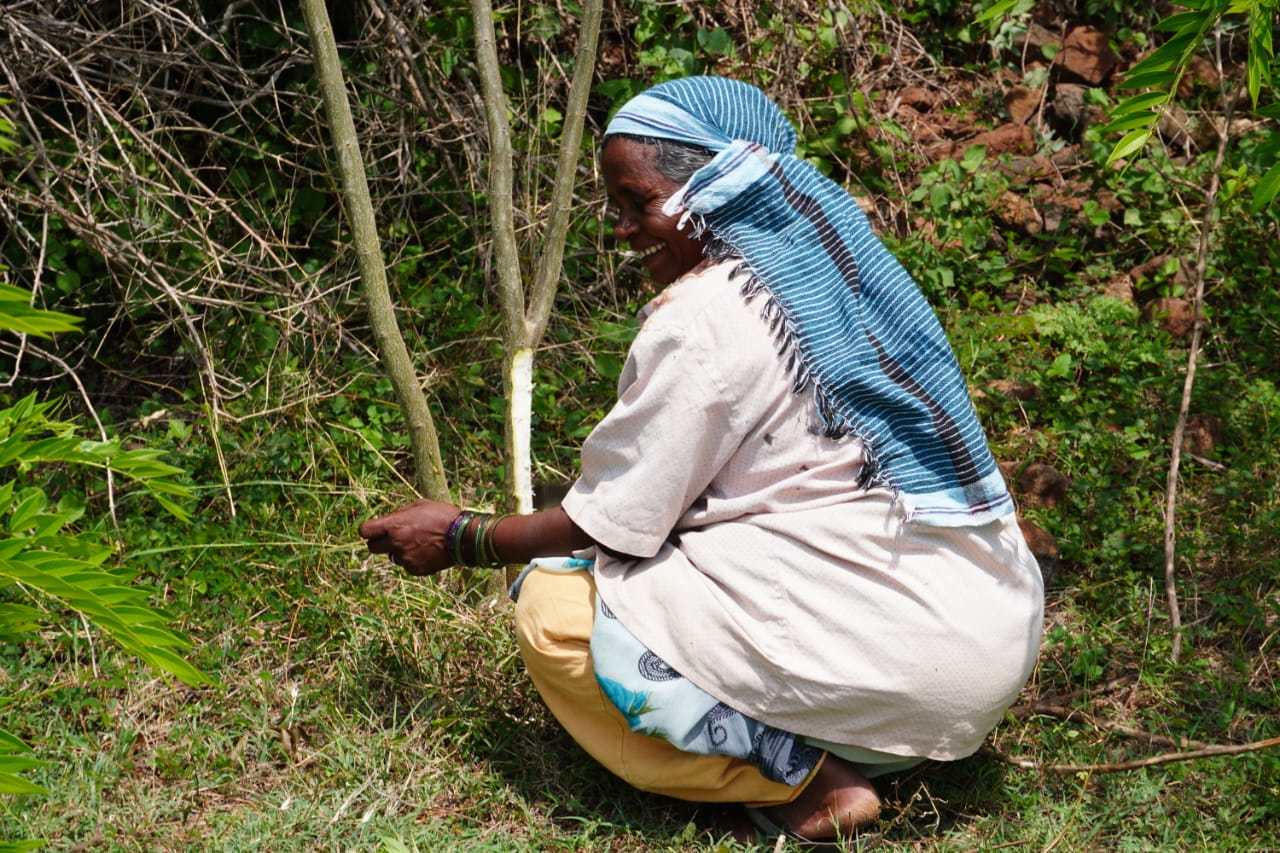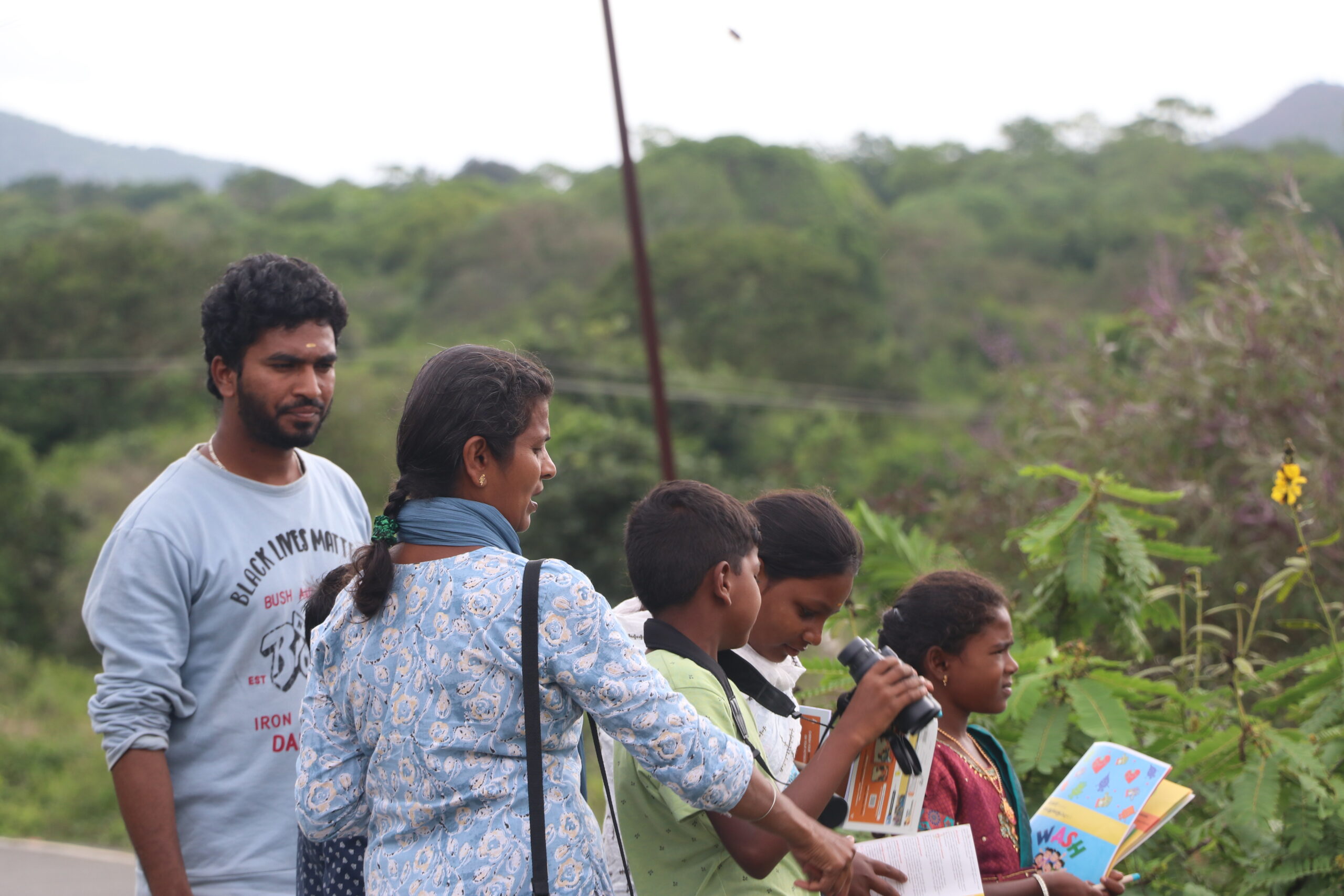December 20, 2023
By Anagha C.
Technical Coordinator – Community Wellbeing
On December 19 and 20, our cadre of 16 community health workers convened for their routine monthly training session at the Keystone campus. These are community members who have been trained carefully by our team and medical partners to provide crucial healthcare consultations in the Nilgiris, with some of the most senior members of this team having worked with us for eight years.
The topic addressed in this month’s training was the mounting prevalence of Non-Communicable Diseases (NCDs) within the communities. Recent data reveals a discernible uptick in NCD-related mortalities, signifying a compromise in the quality of life for individuals in these communities. This disconcerting trend mirrors global statistics where NCDs contribute to a staggering 68% of all deaths, with India bearing a substantial burden of 60% (WHO, 2014), a figure that resonates with the observations made by our health teams in the community. This underscores the imperative for immediate and comprehensive public health strategies.

Central to the training session was an in-depth exploration of two prevalent NCDs affecting our communities: stroke-hypertension, and mental health concerns, particularly substance abuse. Esteemed medical professionals including Dr. Tony Abraham Thomas (MCh in neurosurgery) and Dr. Jason Thomas (family medicine) from Kotagiri Medical Fellowship Hospital facilitated discussions on various healthcare aspects related to strokes and hypertension.
The mental health segment featured the District Mental Health Program (Nilgiris) team, comprising Dr. Ramesh (psychiatrist), Alli Rani (psychologist), and Mercy (psychiatric social worker). Their lectures covered general mental health conditions prevalent in the landscape and elucidated how DMHP can strategically address treatment gaps.
This comprehensive training session stands as a testament to our unwavering dedication to empowering community health workers with the knowledge and skills needed to address the ever-changing health challenges within our community. As we pave the way ahead, we remain committed to the implementation of evidence-based strategies that will contribute to the overall well-being of those we serve.


















